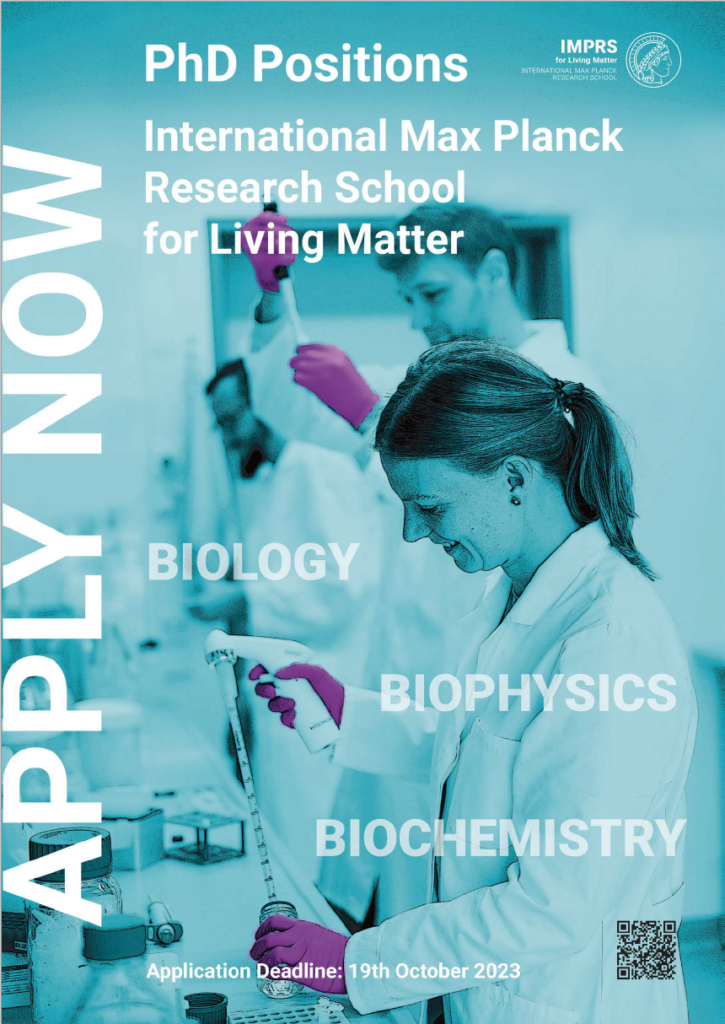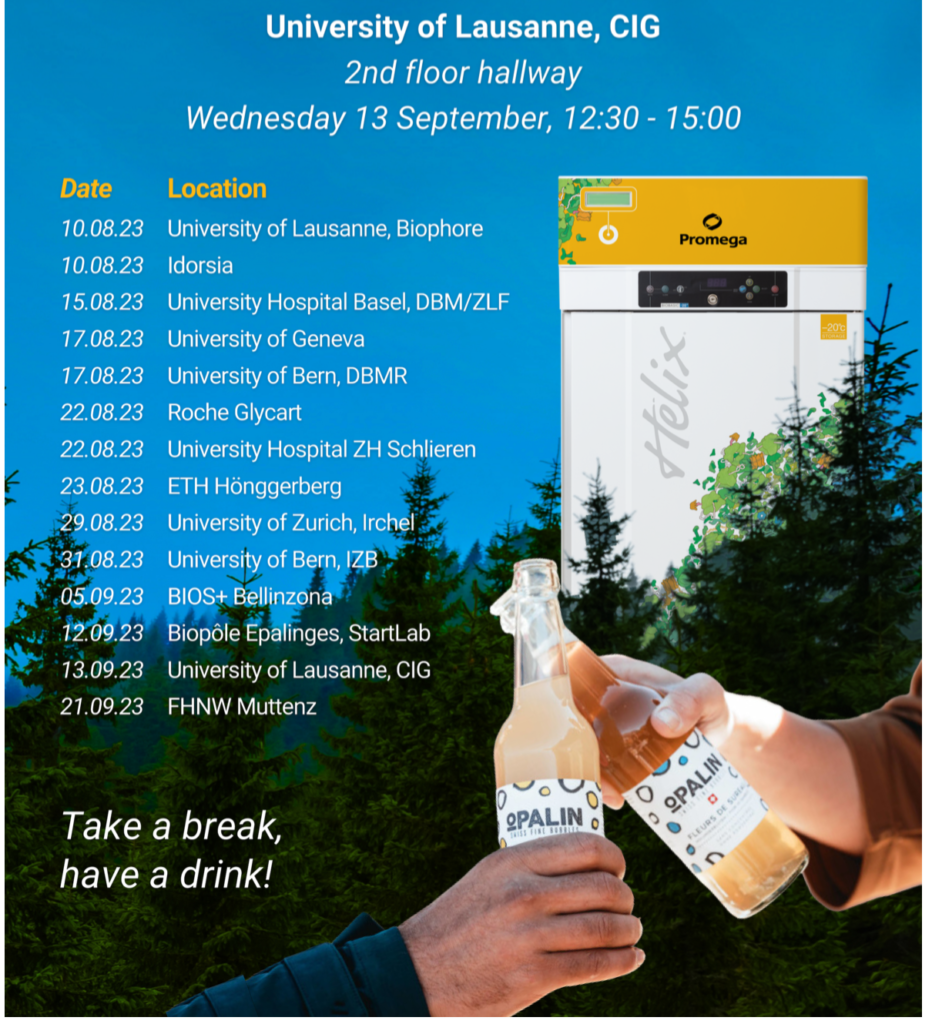PLoS Biol. 2023 Sep 21;21(9):e3002308. doi: 10.1371/journal.pbio.3002308. eCollection 2023 Sep.
Hyperglycemia increases SCO-spondin and Wnt5a secretion into the cerebrospinal fluid to regulate ependymal cell beating and glucose sensing
Francisco Nualart 1 2, Manuel Cifuentes 3, Eder Ramírez 2, Fernando Martínez 1, María José Barahona 2, Luciano Ferrada 2, Natalia Saldivia 1, Ernesto R Bongarzone 4, Bernard Thorens 5, Katterine Salazar 1
Abstract
Hyperglycemia increases glucose concentrations in the cerebrospinal fluid (CSF), activating glucose-sensing mechanisms and feeding behavior in the hypothalamus. Here, we discuss how hyperglycemia temporarily modifies ependymal cell ciliary beating to increase hypothalamic glucose sensing. A high level of glucose in the rat CSF stimulates glucose transporter 2 (GLUT2)-positive subcommissural organ (SCO) cells to release SCO-spondin into the dorsal third ventricle. Genetic inactivation of mice GLUT2 decreases hyperglycemia-induced SCO-spondin secretion. In addition, SCO cells secrete Wnt5a-positive vesicles; thus, Wnt5a and SCO-spondin are found at the apex of dorsal ependymal cilia to regulate ciliary beating. Frizzled-2 and ROR2 receptors, as well as specific proteoglycans, such as glypican/testican (essential for the interaction of Wnt5a with its receptors) and Cx43 coupling, were also analyzed in ependymal cells. Finally, we propose that the SCO-spondin/Wnt5a/Frizzled-2/Cx43 axis in ependymal cells regulates ciliary beating, a cyclic and adaptive signaling mechanism to control glucose sensing.
- PMID: 37733692
- PMCID: PMC10513282
- DOI: 10.1371/journal.pbio.3002308





